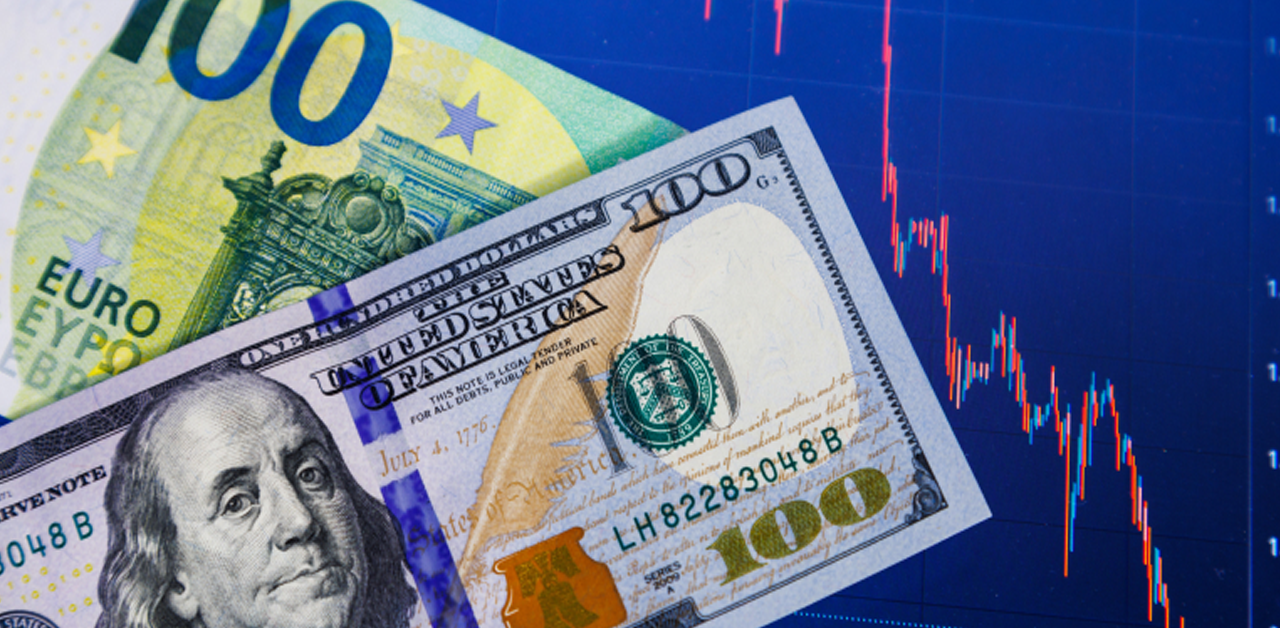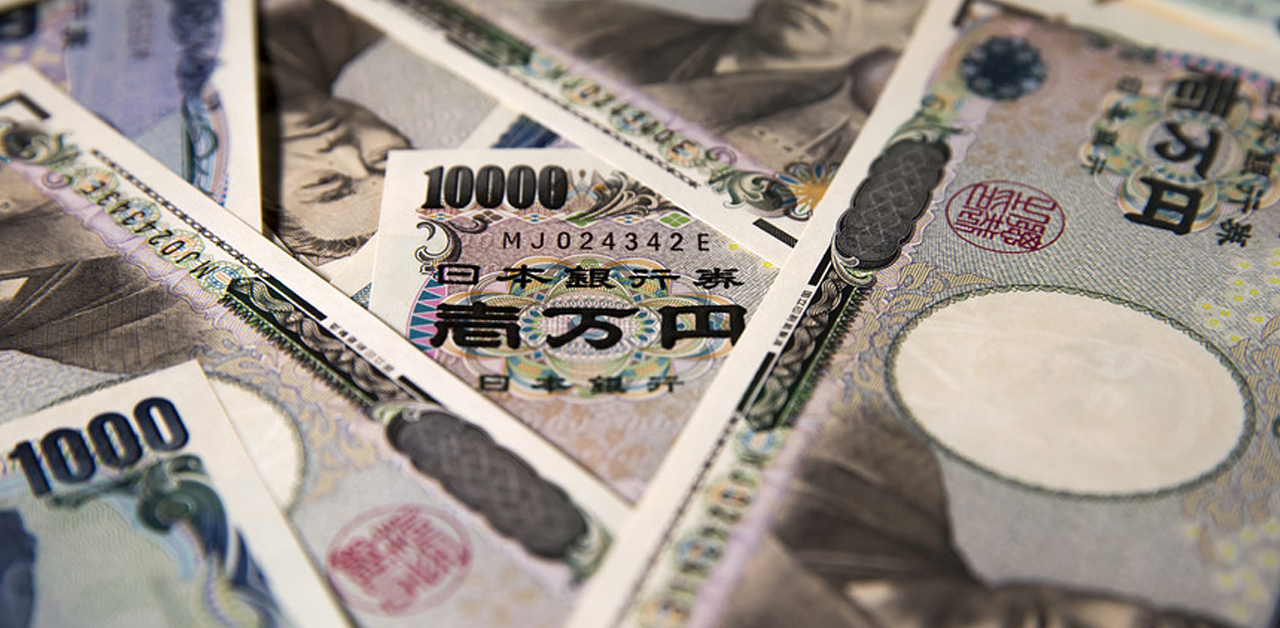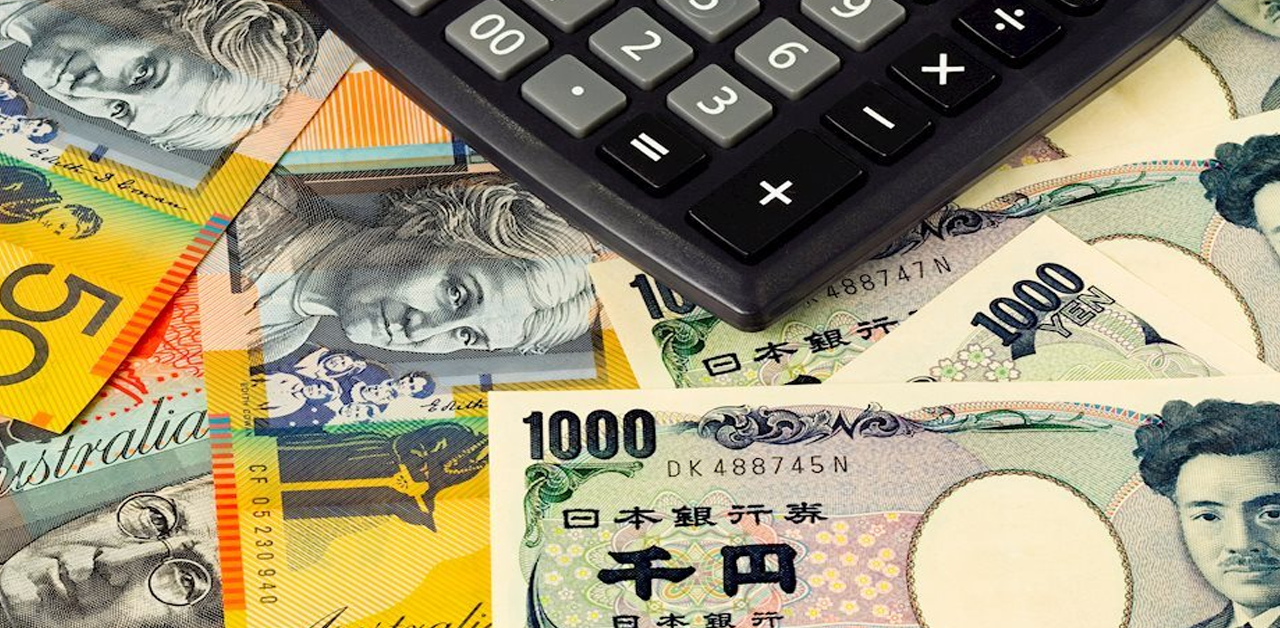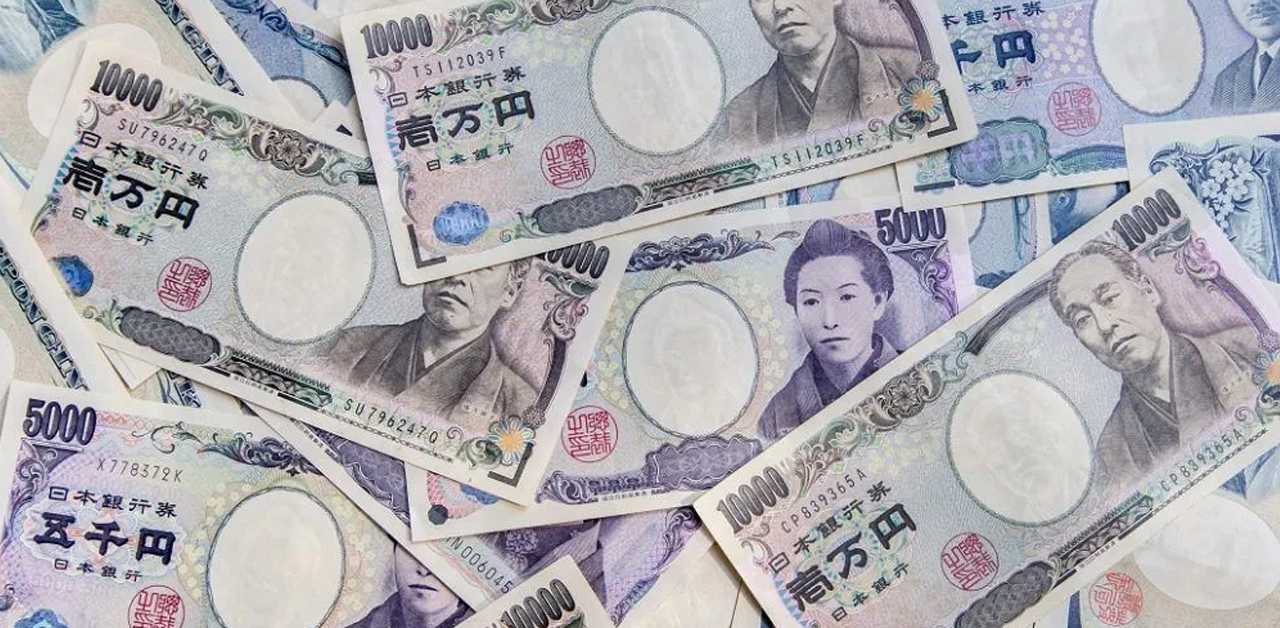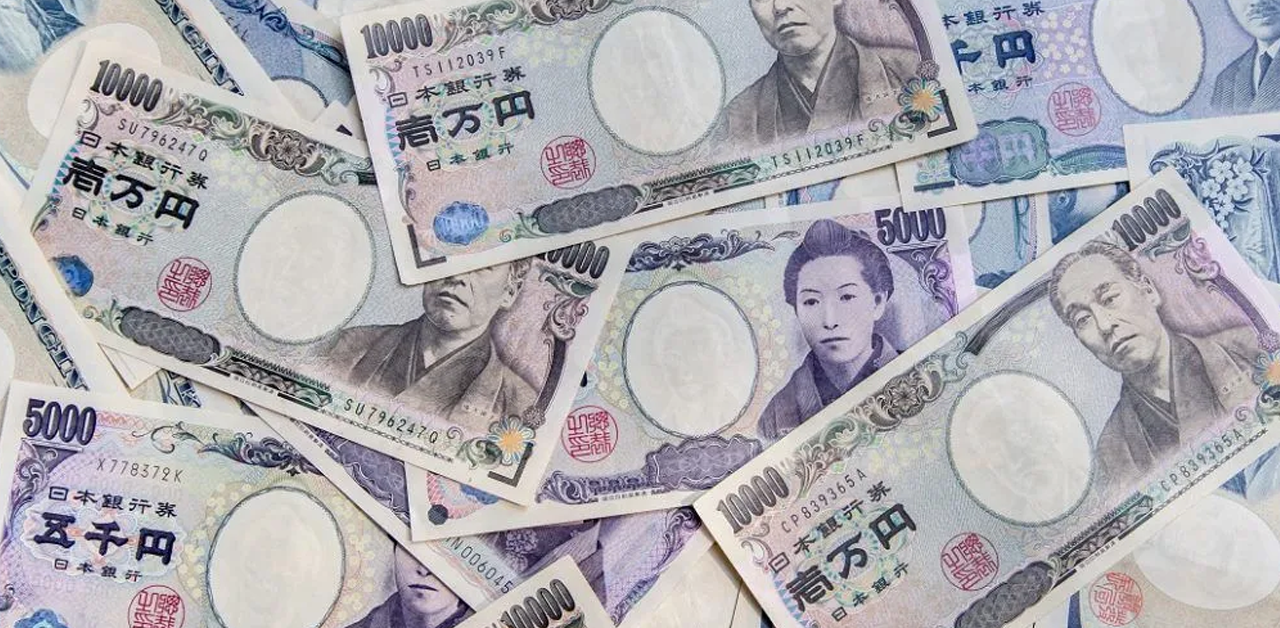Softening Core Inflation in Japan Supports Expectation of Unchanged BOJ Stance
The latest consumer price data from Japan shows that core inflation slowed in July, indicating the Bank of Japan (BOJ) is unlikely to rush towards phasing out monetary easing despite the fact that inflation continues to be above the central bank’s 2% target. The core consumer price index – which consists of oil products but excludes volatile fresh food prices – rose by 3.1% in July, as forecast, following a 3.3% increase in the previous month. This means that it surpassed the BOJ’s inflation target for the 16th month in a row. The BOJ monitors core-core inflation closely, as it excludes fresh food and energy prices and is thought to be a better indication of trend inflation. The index achieved an annual rise of 4.3% in July, up from the previous month in an indication that the demand-side inflation sought by the BOJ may be developing.
Notwithstanding this optimism, the BOJ maintains the view that wage pressures have yet to build up to the level that would prompt a shift away from the current ultra-loose monetary stance. Nonetheless, the data suggests that the acceleration in service-led inflation is a hopeful sign for the central bank. Takeshi Minami, the chief economist at Norinchukin Research Institute, said, “The data confirmed that price pressures are rising in the service sector such as accommodation as well as food, while import inflation including energy is calming down”. Gabriel Ng, economist at Capital Economics, points out that a key question going forward is whether services inflation can continue to pick up.
The data shows that food costs were among the major contributors to inflation due to elevated prices of raw materials. This follows the BOJ’s policy meeting at the end of August when the central bank altered monetary policy to enable the ten-year bond yield cap to move more flexibly. A Reuters poll of 16 analysts anticipates that the Tokyo-area core consumer prices rose by 2.9% YoY in August, slowing from the previous month’s 3%, with some economists even suggesting that inflation is forecast to go below 2% in 2024.
BOJ Governor Kazuo Ueda has stressed the need to keep policy ultra-loose until cost-push inflation shifts into one driven by higher wage growth and robust domestic demand. Under the BOJ’s yield curve control policy, the central bank guides short-term interest rates at –0.1% and purchases large amounts of government bonds in order to cap the 10-year bond yield around 0% as part of attempts to achieve its 2% inflation target.

